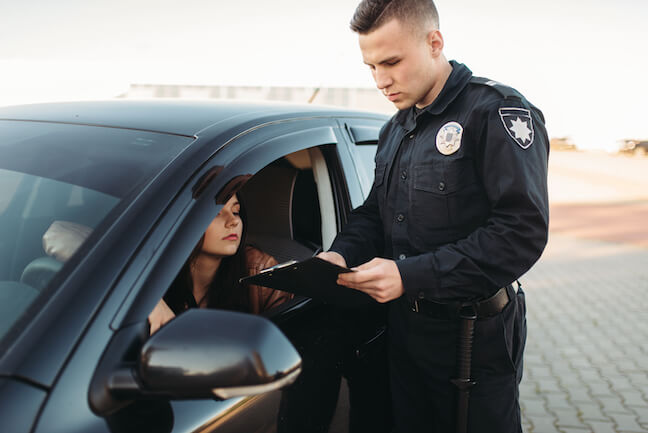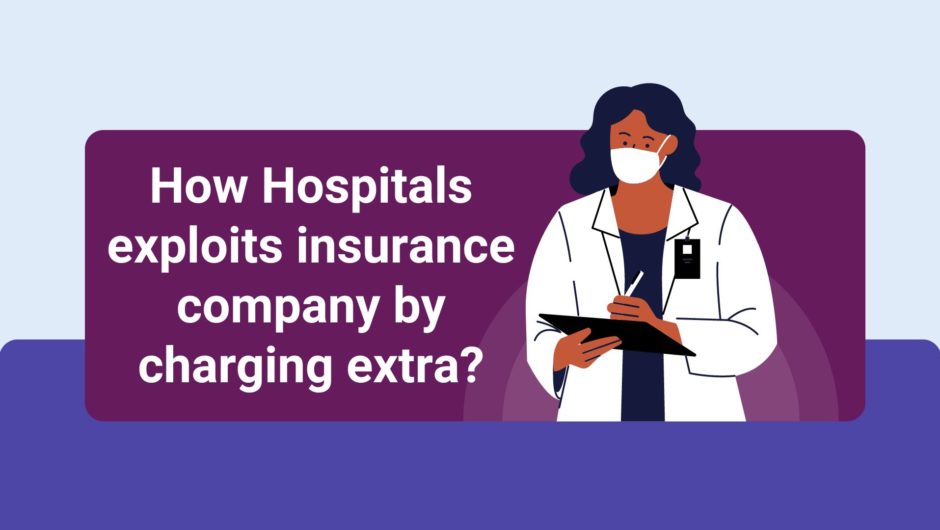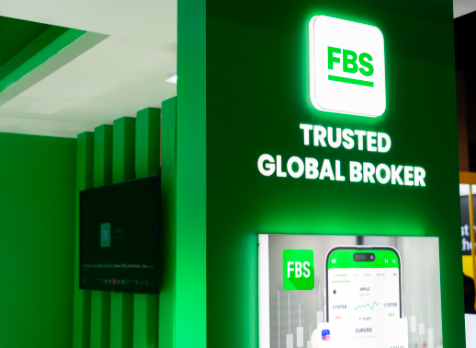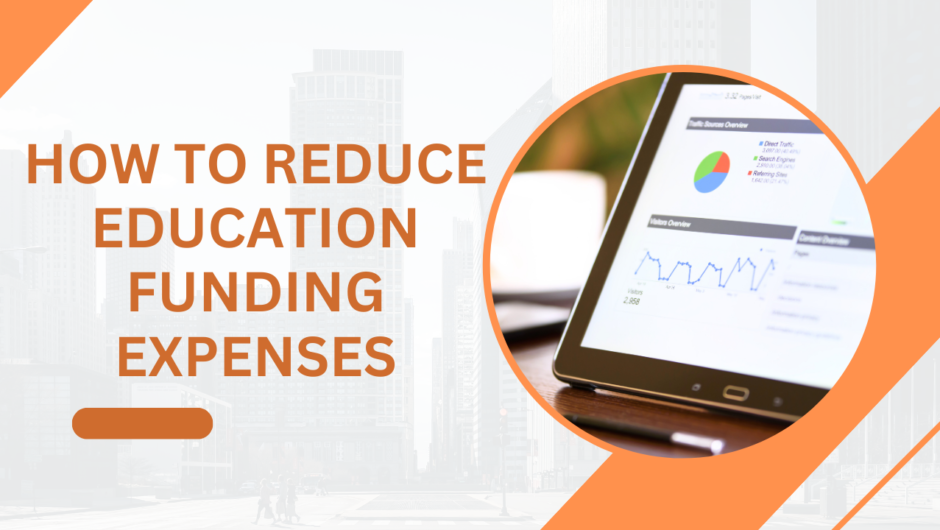While you are on a busy road heading towards an important destination, it is common to experience an annoying situation when traffic police stop your car for various reasons. However, it is not a moment to panic because traffic policemen would have done it as a routine duty.
As a moral obligation, you have to cooperate with them and answer their queries promptly for a safe passage. Here are six reasons for which traffic police can stop your car.
Document record check:
As a primary duty, a traffic policeman can stop your car to check for the important documents related to your car. For example, they can ask for a registration certificate, driving licence, car insurance etc.
Car insurance in India is made mandatory considering the increasing number of road accidents. TATA AIG new car insurance provides different types of insurance for four-wheeler vehicles based on necessity and affordability. You can use the car insurance calculator online and derive the best premium amount.
Check for drunken driving:
The traffic police can stop your car and check if you are drunk. If you are, then you would have poor control and be a threat to others on the road. The traffic police can check for the alcohol levels in your body through a breathalyzer test and stop you from driving further.
Check for drunken driving is usually done during festive seasons, weekends and late nights. You have to cooperate for such checks even if you are a non-drinker.
Exceeding speed limits:
It is one of the common reasons traffic police stops your car in the middle of a busy road. There are specific speed limits set for different roads considering the nature of roads, the community living around and areas prone to accidents.
As a responsibility, you have to adhere to such speed limits for the safety of others on the road. Traffic police will use a speed detector and prompt you to stop your car and inquire for a reason, warn, and even ask you to pay a fine for such a driving activity.
Violating traffic rules:
Every traffic signal is created on a busy junction to regulate the traffic for the safe passage of every vehicle. It will avoid an unnecessary pile-up of vehicles or bottlenecks to movement in a specific direction. If you don’t stop the car when there is a red signal on the road, you are bound to be stopped by the traffic police at the next junction.
You cannot violate the traffic signal and take a privilege over the road for your comfort. There can be a situation when the traffic signal isn’t functional, and the traffic police themselves get onto the road to regulate the traffic. Under such circumstances, you have to obey their instructions and cooperate well.
Tinted glass:
In India, using a higher level of tint on the car’s glasses is an offence. It was introduced to curb criminal activities such as kidnapping, rape etc. There is a set of RTO-approved tinted glasses that a car owner can use.
If you happen to violate such a rule, the traffic police can stop and charge a heavy fine. If there is a possibility, they might even ask you to remove it immediately.
Other reasons:
Traffic police can also stop your car for multiple reasons such as not wearing a seat belt, using a mobile phone while driving etc. Using a mobile phone while driving can distract the driver’s attention, decreasing concentration and leading to an accident.
Seat belts are designed on advanced cars considering the rising number of accidents and as a safety precaution. It is important to ensure that all the occupants in the car are wearing seat belts before you start the car drive.
Traffic policemen can stop your car and question you regarding many aspects. The pointers discussed above are some of the prominent ones. They can stop your car if there is a suspicion of criminal activity or possession of dangerous items and seize the car if required.
Conclusion
We have seen some of the most important aspects for which traffic police can stop your car for an enquiry. It is valid under such circumstances and your sole responsibility to cooperate as a driver or owner of the car. Insurance for a car, the registration certificate and the Pollution Under Control (PUC) certificate are some of the most important documents you should always have in your car.
Car insurance details have to be checked and renewed on time to avoid unnecessary discrepancies. You don’t have to panic when traffic police stop your car if you have not violated the traffic regulations or other safety protocols.
Follow the traffic rules, engage well, cooperate with traffic policemen, ensure safety in all respects, and be responsible car owners!
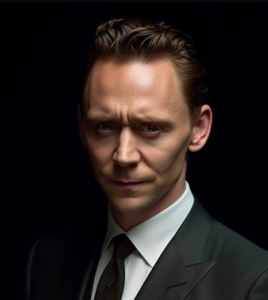
Hey, this is Johny Sehgal. I am the owner and caretaker at Finance Jungle. I completed my education in BSC and now heading towards the digital marketing industry. I usually have interests in reading, playing games and watching movies. I also love to write content based on quality information. The main motive of mine is to provide the top and best quality information to my readers. Finance Jungle is the blog for the same.

